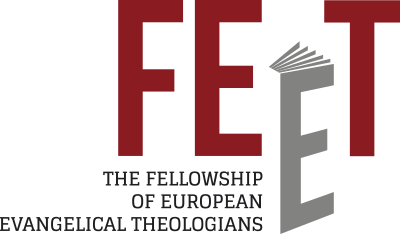God the only One
At a FEET conference, more than 20 years ago, I was struck by a paper to which I still refer from time to time. Professor Oskar Skarsaune from Oslo showed us convincingly how the first Christians lived in a multi-religious, pluralistic society and how in that context their confession ‘Jesus is the only Lord, kurios’ was deeply challenging.
In our days people often say you cannot claim the exclusivity of ‘Christ alone’ anymore, because we live in a multi-religious society. However, in a similar society the first Christians claimed exactly that: Jesus is Lord. The same was true for the people of Israel in the Old Testament. Their profession of faith ‘the LORD is One’ was completely opposed to that of the surrounding nations.
In this respect we now live closer to the situation of God’s people in the Old and the New Testament than in the time when Christianity was the main religion in the West.
I believe that we can learn much from how these people coped and how they lived with a faith which was so vastly different from that of the people around them. We can learn from their courage, the courage of a Peter and a Paul, the courage of Christians risking their lives for Jesus, their Lord.
In our days there is another treat: that of ‘no God at all’. I now meet more people who say they are atheists than ever before. ‘Non-religious’ is often how people describe themselves. These are new challenges for God’s people. The claim that God is alive already contrasts strongly to the view that there is no God – how much more the view that God is at work in our lives and in this world!
However, I now also meet applicants to our College who want to train for ministry and who tell us they were atheists but have come to faith. One of them told me how he had tried to prove atheism was right by choosing religion as a subject at school. However, half way through he got convinced that God is alive!
About this side of society we do not read in the newspapers: whilst ever more people ignore or deny God, He continues to work in the hearts of individuals, convincing them of his existence, his love and his care for human beings.
We need much wisdom, patience and love from the Holy Spirit to lead us to those who need God and who, though they deny it, long to ‘come home’ more than they are aware. And is asking for the help of the Holy Spirit not exactly the right thing to do in the season of Pentecost?
Dr. Hetty Lalleman Tutor of Old Testament at Spurgeon’s College, London

